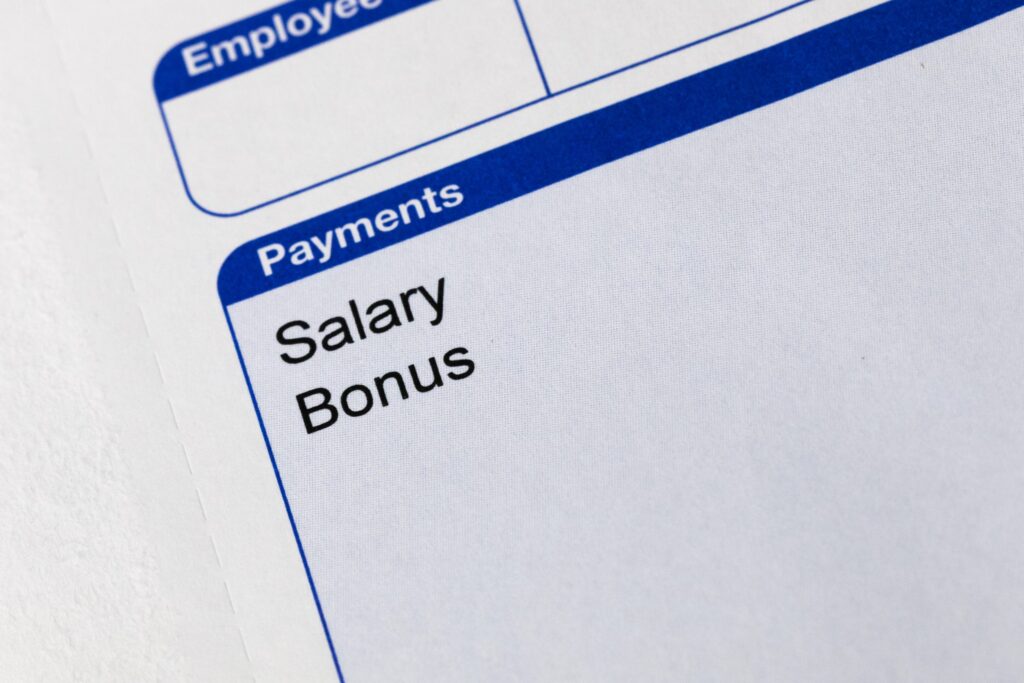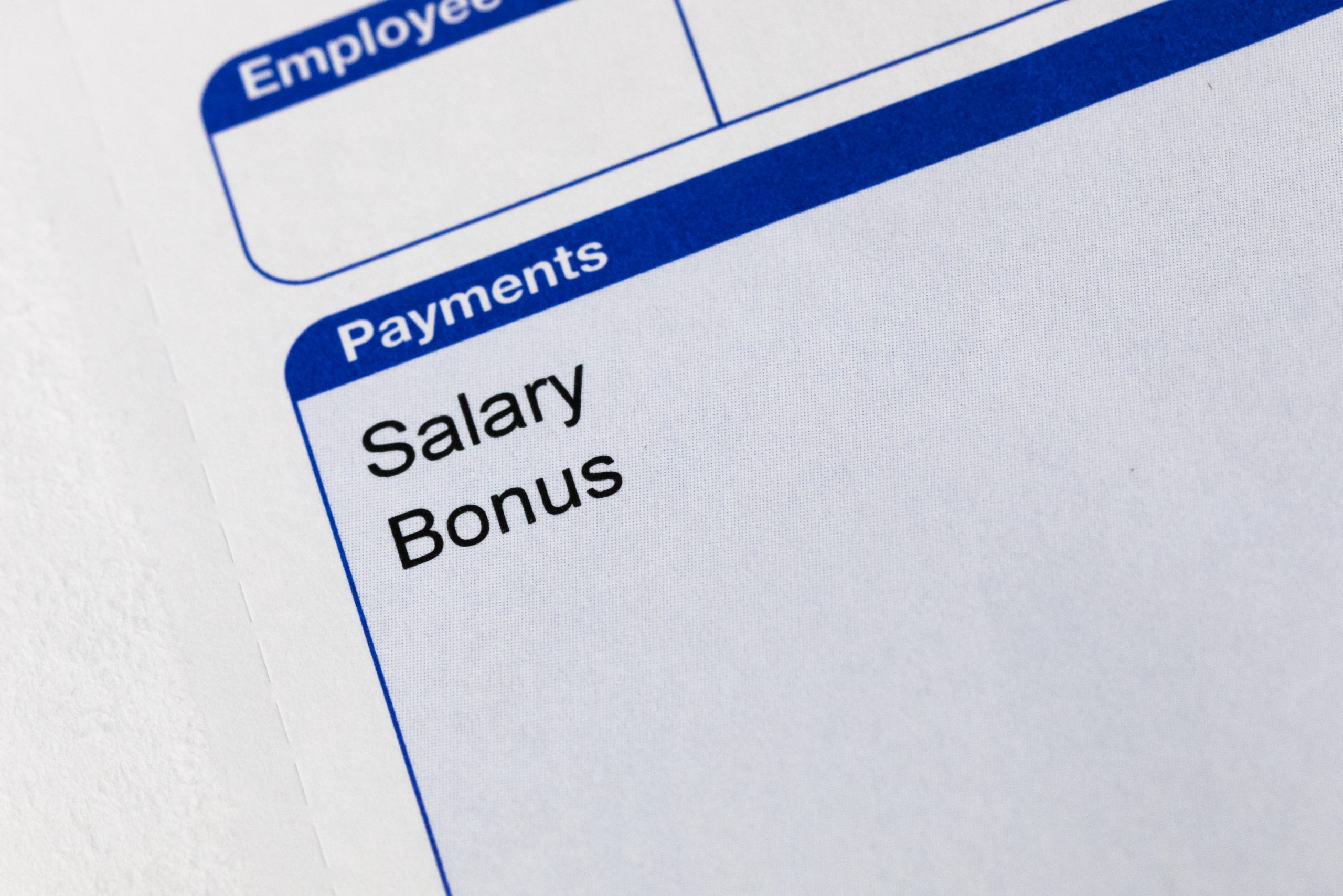The National Insurance (NI) cuts will come into effect from 6 April, but will the 2p reduction leave you better off?
On average, workers earning £35,000 will save around £450 per year, with the cut from 10% to 8% set to impact around 27 million workers in the UK.
In his Spring Budget speech, Chancellor Jeremy Hunt said that if you are on the average wage, you would receive “the lowest effective personal tax rate since 1975”.
However, the move has come under criticism. Thanks to an income tax threshold freeze, coupled with employees’ annual pay increase, many mid-to-lower earners could lose more from their salary than before.
Notwithstanding that those who receive state pensions will not feel any financial benefit from the move.
‘Stealth taxes are frankly offensive’
One critic, Sarah Olney MP, Liberal Democrat Treasury spokesperson, said: “Hammering the public with unfair stealth taxes and then claiming people will be taking home more in their pay packets is frankly offensive.”
While shop price inflation has slowed this year, Alastair Douglas, CEO of TotallyMoney, says the NI cuts still don’t go far enough to ease two years of rising household and energy bills.
Douglas said: “While the extra money will be welcomed, it won’t plug the £1,500 gap left in people’s pockets as a result of the cost-of-living crisis.
“Nor will it benefit those who need support the most. Instead, higher earners will be making bigger savings, with somebody earning £50,000 per year saving more than five times as much as a person earning £20,000.”
‘Seven million to pay more income tax’
Douglas added: “And the misery doesn’t stop there, because for many, it’s a case of the Government giving with one hand and taking away with the other. That’s because over the next few years, pay rises and frozen thresholds mean nearly four million more people will start paying income tax, while another three million will be paying more of it.
“We may have seen a double cut to National Insurance this year, which in the short term will put some money back in people’s pockets, but what we really need is a long-term strategic plan to help the millions who are continuing to struggle.”
While a 2p cut will be introduced for employees paying National Insurance, there will be a rate reduction for self-employed workers too.
After a 1p cut in 2023’s Autumn Statement, the main rate of Class 4 National Insurance Contributions (NICs) will further drop to 6%, dipping from 9% the year before.
Here is how the cuts will impact your salary and how this differs depending on where you live, using figures from Totally Money.
How NI Cuts hit your pocket
Based on salary:
| Salary | Saving | |||
| £20,000 | £148.60 | |||
| £25,000 | £248.60 | |||
| £30,000 | £348.60 | |||
| £34,963 | £447.86 | |||
| £40,000 | £548.60 | |||
| £50,000 | £748.60 | |||
| £75,000 | £754.00 | |||
| £100,000 | £754.00 |
Based on where you live:
| Region | Average Salary | Saving | ||
| United Kingdom | £34,963 | £447.86 | ||
| England | £35,106 | £450.72 | ||
| North East | £31,200 | £372.60 | ||
| North West | £33,036 | £409.32 | ||
| Yorkshire and the Humber | £31,920 | £387.00 | ||
| East Midlands | £31,634 | £381.28 | ||
| West Midlands | £33,003 | £408.66 | ||
| East | £34,833 | £445.26 | ||
| London | £44,370 | £636.00 | ||
| South East | £36,560 | £479.80 | ||
| South West | £33,450 | £417.60 | ||
| Wales | £32,371 | £396.02 | ||
| Scotland | £35,518 | £458.96 | ||
| Northern Ireland | £32,879 | £406.18 |





